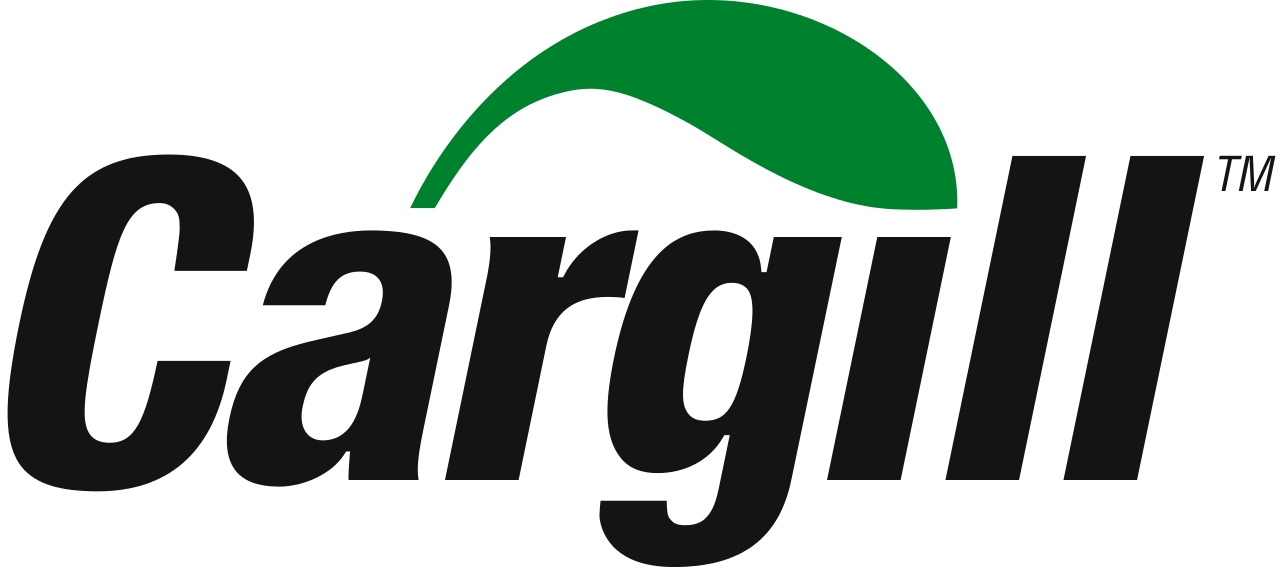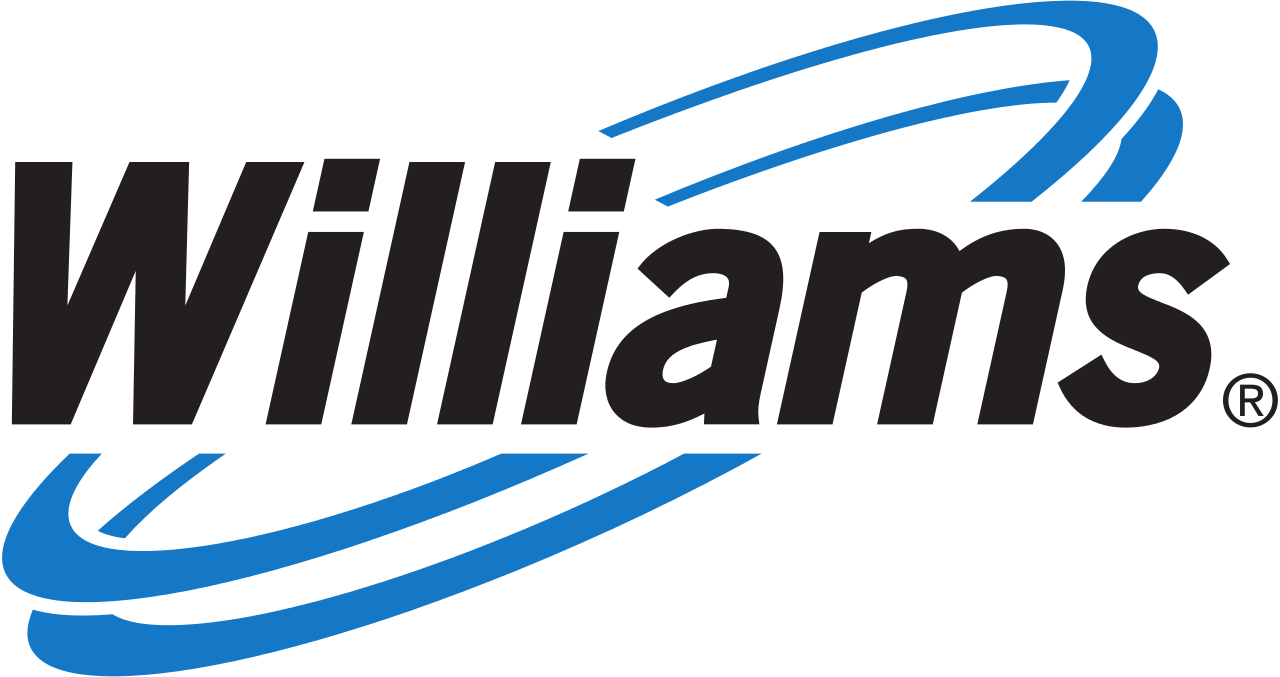“Piper Alpha disaster” and “rose garden” may not be phrases usually seen together, but part of any disaster is the legacy of learning and prevention.
When the rescues were completed, and the fires were extinguished, all that was left of the Piper Alpha oil platform was a twisted piece of metal sticking out from the North Sea. The memorial for the lives lost is now represented by three statues surrounded by a rose garden in Hazlehead Park, Aberdeen Scotland. The lasting memorial is more than a flower field; it is the memories of the families and friends, and the legacy of what can be done to prevent future incidents.
The lessons learned from the Piper Alpha oil platform disaster are far-ranging and as relevant today as they were at the time of the incident. I believe it is essential that we look at how those lessons transcend a specific industry and speak across a range of industries. This is a worthy and enduring legacy for the 167 people that died that fateful day in July 1988.
While the oil and gas industry have taken the lessons to heart (and should continue to do so), there are all too many events occurring in other industries that point to the fact that they also need to learn, understand, and apply the lessons from what happened.
There is not enough space to include the full history of Piper Alpha, and I will refer you to Wikipedia to get an overview. The Piper Alpha disaster consisted of four explosions: an initial gas release explosion and three subsequent pipeline explosions. At every point in the disaster, there were opportunities for mitigation that were not taken.
Lessons Learned (across industries)
As with most large incidents, this is a complex issue with many different causes. There are cultural issues, process issues, engineering issues and safety planning issues to name a few.
- Permit to work – a pressure relief valve was removed for maintenance and not replaced prior to starting work. The permit to work system failed to stop a restart of a pump that only had a simple blind covering the spot where the relief valve was removed. This allowed gas to escape leading to the first explosion.
- Blast pressure refit – the structure and protections for the control room and electrical supply systems were not changed when Piper Alpha began to produce a higher percentage of gas versus oil. The initial explosion destroyed critical safety and control systems because there were ineffective blast walls.
- Emergency evacuation procedures – the systems and procedures for evacuation were not adequate to deal with the fire and the thick black smoke engulfing sections of the platform.
- Emergency shutdown authority – the authority for shutting down two other platforms (Claymor and Tartan) was not clear and they continued to pump high pressure gas through two vulnerable pipelines that added fuel to the fires on Piper Alpha.
- Emergency rescue – the procedures and equipment for rescue were also ineffective in dealing with the scale and scope of the fires and people to be rescued.
For the Future
These are items that must be dealt with in any operation. There is no need to learn them again and again. Prevention, that is reduction of risk, is an outcome of taking to heart what others have learned at a very high cost.
Typically, your frontline people are the first to experience problems in your company. Oftentimes small anomalies are overlooked or unreported to management because they seem normal to the frontline - “it always does that.” A thorough incident investigation reveals signals that had been missed for days, months and sometimes even years.
There’s a huge amount of frontline information and insight available if a company knows how to access it. Frontline employees should be problem-solving lookouts for your organization. Check out our webinar, "Introduction to 5-Why for Frontline Professionals," to find out how you can mitigate risk for your company.
Author’s note – I realize there are many other facets, outcomes and learnings from the Piper Alpha disaster. I wanted to highlight several of the major points. I would highly recommend further reading on-line to gain a more complete review.











